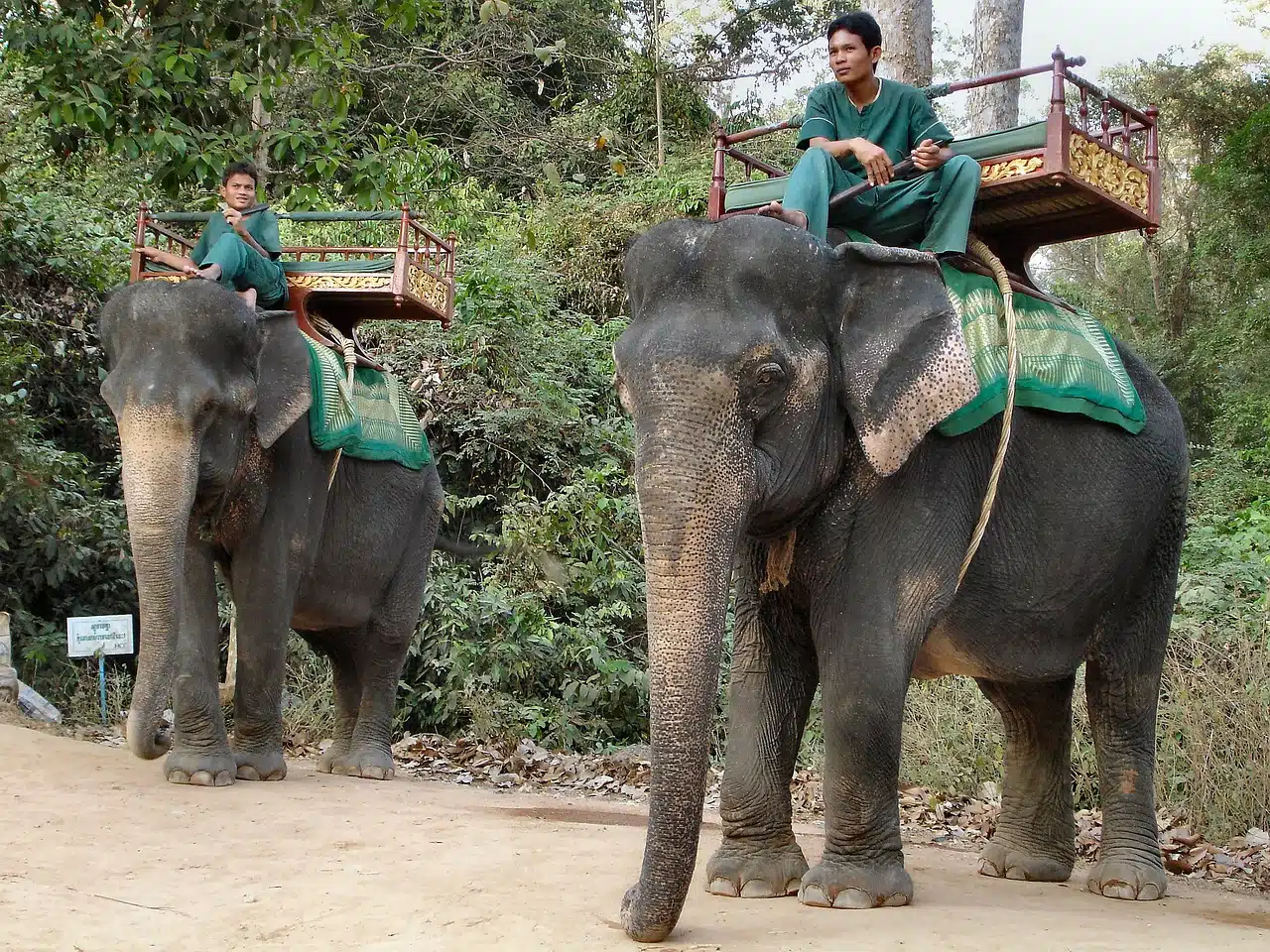
Underestimation is associated with contempt and dismissal.
Underestimation is a term that is not part of the dictionary of the Royal Spanish Academy (RAE) , but is usually used in relation to underestimating . This verb refers to estimating someone or something below its value .
Underestimation, therefore, can be related to dismissal (discard, deny) and contempt (little appreciation or low estimation ). When someone underestimates, they consider that a living being or an object has a lower value than it actually has.
Examples of underestimation
Suppose that a tennis player who occupies third place in the world ranking must face another who is two hundred places behind. The best-positioned tennis player comes out onto the court unconcerned and convinced that his rival has no chance of beating him. That's why he plays unfocused and doesn't make an effort. Finally, this underestimation ends up harming him and the rival who was supposedly at a disadvantage achieves victory.
Another example that helps to understand the concept of underestimation occurs with the attitude of certain rulers who take unpopular measures, thinking that the people who gave them trust and votes at one time will always continue to do so. However, people can realize the deceptions and end up punishing the person they had chosen.
An exaggerated esteem
The opposite of underestimation is overestimation , which consists of granting more value to something or someone who, in reality, does not have it. A writer who sells thousands of books because of his publisher's marketing efforts and not because of his talent, for example, may find himself overrated within the book industry.
This phenomenon usually occurs in the world of entertainment, since famous people are often idealized, instead of appreciating them for their true achievements and taking into account their necessary and undeniable mistakes.

The underestimation of animals is common.
Underestimation of animals
While it is not correct to generalize, one of the most common targets of underestimation is the animal kingdom , or at least all non-human species of animals. Of course, this feeling is not always expressed expressly, but it can be seen in many of the relationships that we usually maintain with them. The most obvious is exploitation, which has taken place for centuries, and which consists of forcing them to carry out a series of forced labor, using violence to control them, and depriving them of their freedom throughout their lives.
What is behind an imposition of this type if not underestimation? No one would put a saddle on another person's back to force them to act as a means of transportation; it would not be ethical. However, there is no moral issue or law that prevents doing the same thing to a horse. But there are many more examples of justified animal abuse, ranging from their upbringing in slaughterhouses to bullfighting. Animals are underestimated, considered inferior, and condemned to a life of suffering and torture unimaginable for a human being.
People as victims
Far from this series of cruel acts, as graphic as they are ignored, is the set of ideologies that contain the underestimation of various social strata, without forgetting the contempt for the female gender. The media provides a stable flow of messages of rejection and contempt towards many groups of people who do not conform to certain norms decided by a few, to achieve control over society.
Underestimation is present in our lives , whether we are aware of it or not, whether we are direct or indirect participants in this twisted process. To sustain a system, it is necessary for a hierarchy to exist, but human beings seem to conceive this concept based on the superiority or inferiority of individuals, instead of relying on their differences to enrich the structure.
